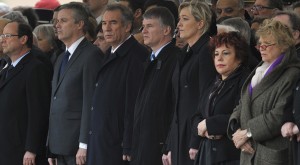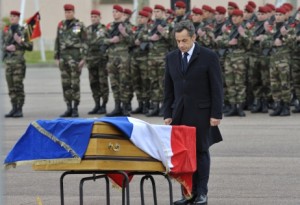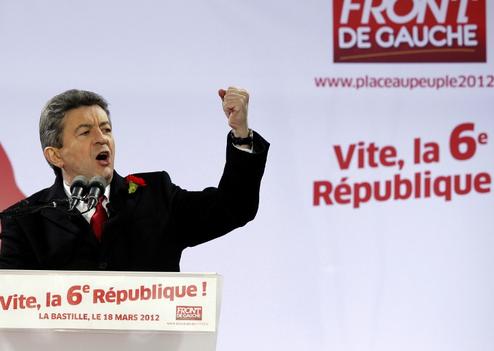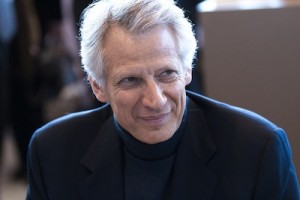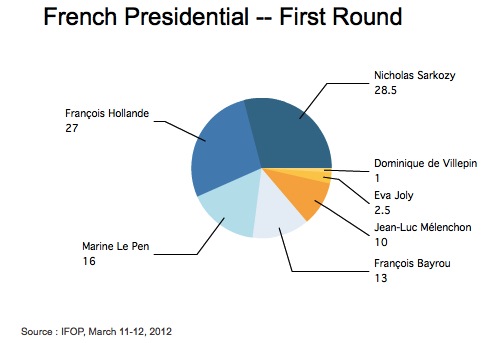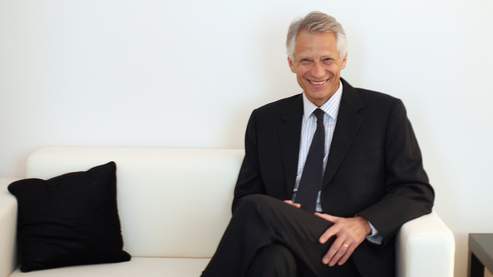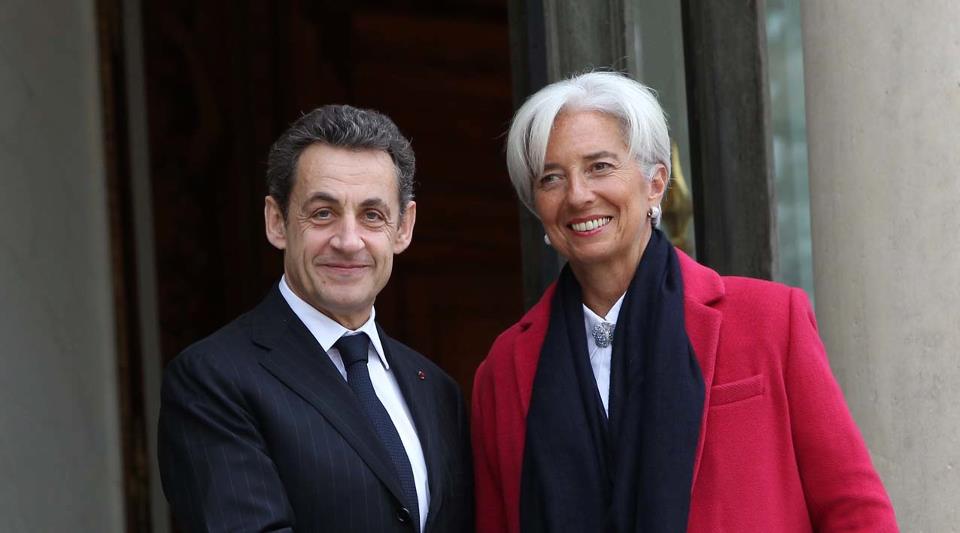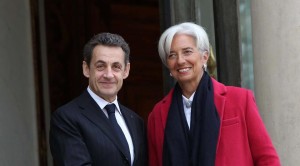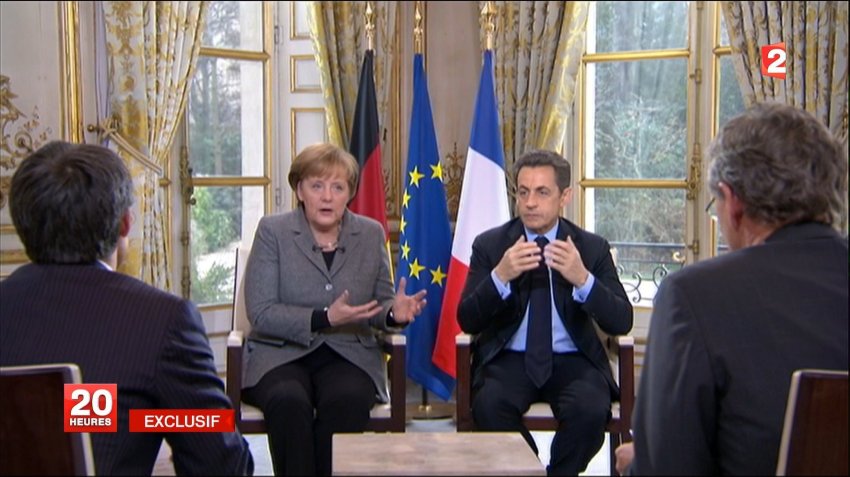In my post last night, I argued that the Toulouse shootings could harm French president Nicolas Sarkozy because it could (i) focus attention on the inability of French security services to apprehend Mohammed Merah after numerous warnings and after he committed two shooting rampages and (ii) force Sarkozy to mute his rhetoric on immigration, leaving the stage to more extreme voices like Front national candidate Marine Le Pen to capitalize on voter anger about the shootings. ![]()
I still believe that’s true — and we’ll know in two or three weeks when the politics of the tragic shooting have more fully played out.
And yet… this sentence from a superb summary in The Financial Times rings very, very true:
“This will definitely reinforce his strengths but it will also reinforce the weakness of his counterparty,” said one close associate of the president. “It is difficult to imagine François Hollande acting like him. That is probably unfair but that’s the way it is.”
It’s been quite clear that Sarkozy has a much wider range of political skills than Hollande, and there’s a certain advantage to being able to project a message of unity and calm as the sitting head of state.
